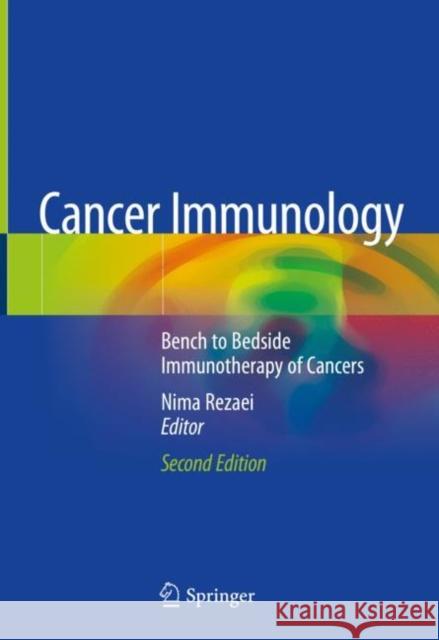Cancer Immunology: Bench to Bedside Immunotherapy of Cancers » książka
topmenu
Cancer Immunology: Bench to Bedside Immunotherapy of Cancers
ISBN-13: 9783030502867 / Angielski / Twarda / 2020 / 658 str.
Cancer Immunology: Bench to Bedside Immunotherapy of Cancers
ISBN-13: 9783030502867 / Angielski / Twarda / 2020 / 658 str.
cena 885,61
(netto: 843,44 VAT: 5%)
Najniższa cena z 30 dni: 848,19
(netto: 843,44 VAT: 5%)
Najniższa cena z 30 dni: 848,19
Termin realizacji zamówienia:
ok. 16-18 dni roboczych.
ok. 16-18 dni roboczych.
Darmowa dostawa!
Kategorie BISAC:
Wydawca:
Springer
Język:
Angielski
ISBN-13:
9783030502867
Rok wydania:
2020
Wydanie:
2021
Ilość stron:
658
Waga:
1.41 kg
Wymiary:
25.4 x 17.78 x 3.81
Oprawa:
Twarda
Wolumenów:
01











